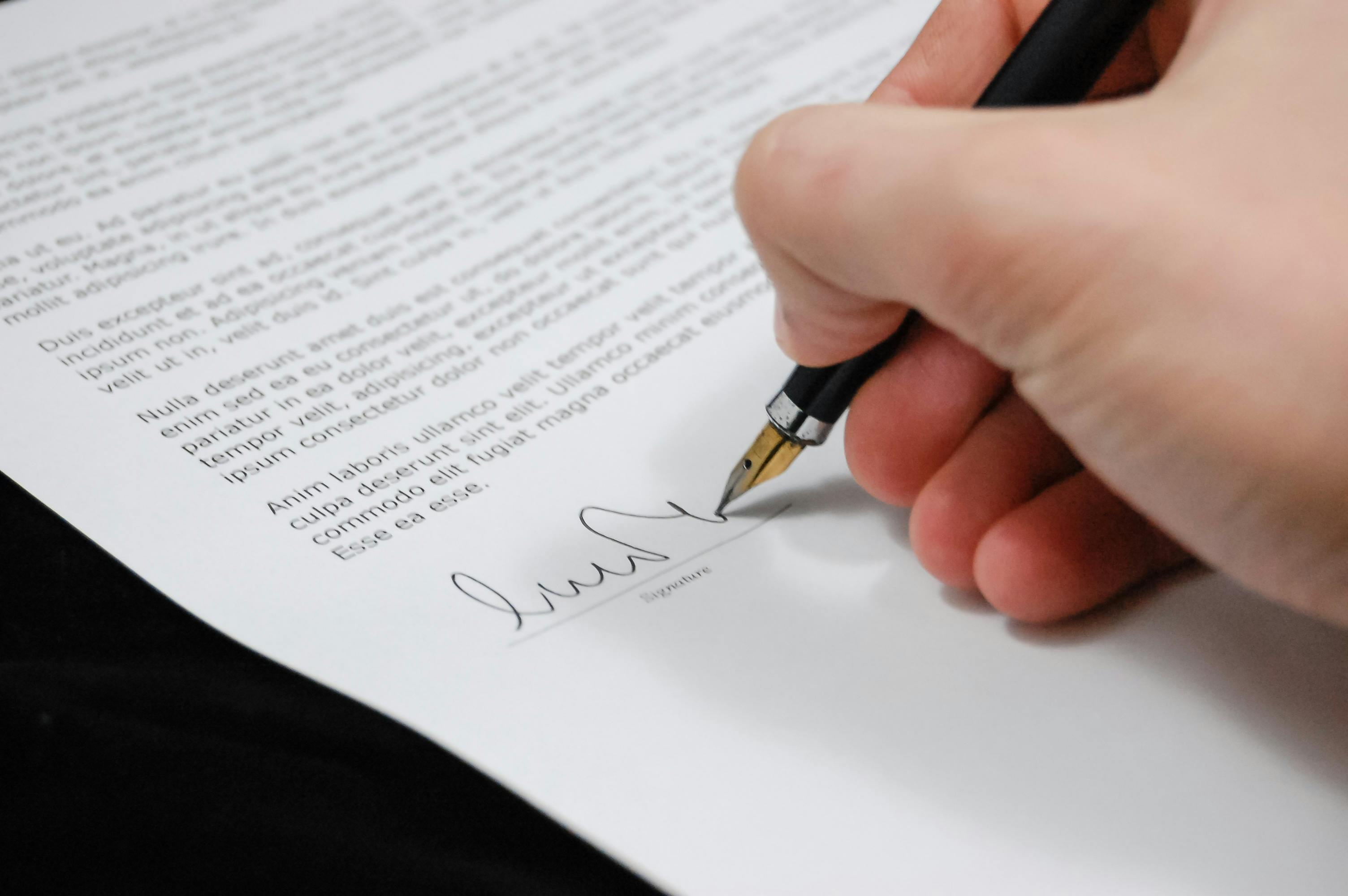-
Lot Size18,296 sqft
-
Home Size2,733 sqft
-
Beds4 Beds
-
Baths3 Baths
-
Year Built2003
-
Days on Market3
Choosing the Right Home Insurance
- Real Estate Tips
- Coldwell banker Encinitas, Encinitas Homes, encinitas real estate, Encinitas real estate agent, encinitas realtor, home buying advice, home buying tips, homes for sale in encinitas, real estate agent in encinitas
- January 15, 2016

The first thing you’ll want to do before shopping for homeowner’s insurance (ideally before even buying the home) is review the home’s insurance claim history report, which can either be obtained from the seller or one of the two largest insurance databases: CLUE and A-Plus. This is the best way to evaluate previous damages you may not have been aware of and assess risk of any future issues getting insurance on that particular home.
Know what’s covered
- Dwelling: Your home and structures that are attached to it, which includes fixtures.
- Other structures: Freestanding structures (such as a garage).
- Personal property: Reimbursement for the value of your possessions.
- Loss of use: Reimbursement for living expenses while your home undergoes repairs.
- Personal liability: Covers your financial loss is sued for injury/damages to someone that occurred on your property.
- Medical payments: Covers medical bills of people injured on your property or by a pet.
List of perils
Most policies do not protect you against flooding or earthquake damage. Depending on your location, go over the list of perils in each policy and decide whether or not the likelihood of each occurring in your area is enough to require policy coverage. Below are the most common types of peril covered:
- Vandalism and theft
- Trees or other falling objects
- Fire and smoke
- Wind and hail
- Lightening strikes
- Weight of ice or snow
- Explosion and civil unrest
Other ways to cut costs
- Some companies offer discounts to those who have both their home and car insured by the same provider.
- Depending on your financial stability, you may want to raise your deductible from $500 to $1,000 in order to save up to 25% on your premium.
- In some circumstances, installing extra home safety precautions such as smoke detectors, security systems, or deadbolts can save you a percentage of the premium.




